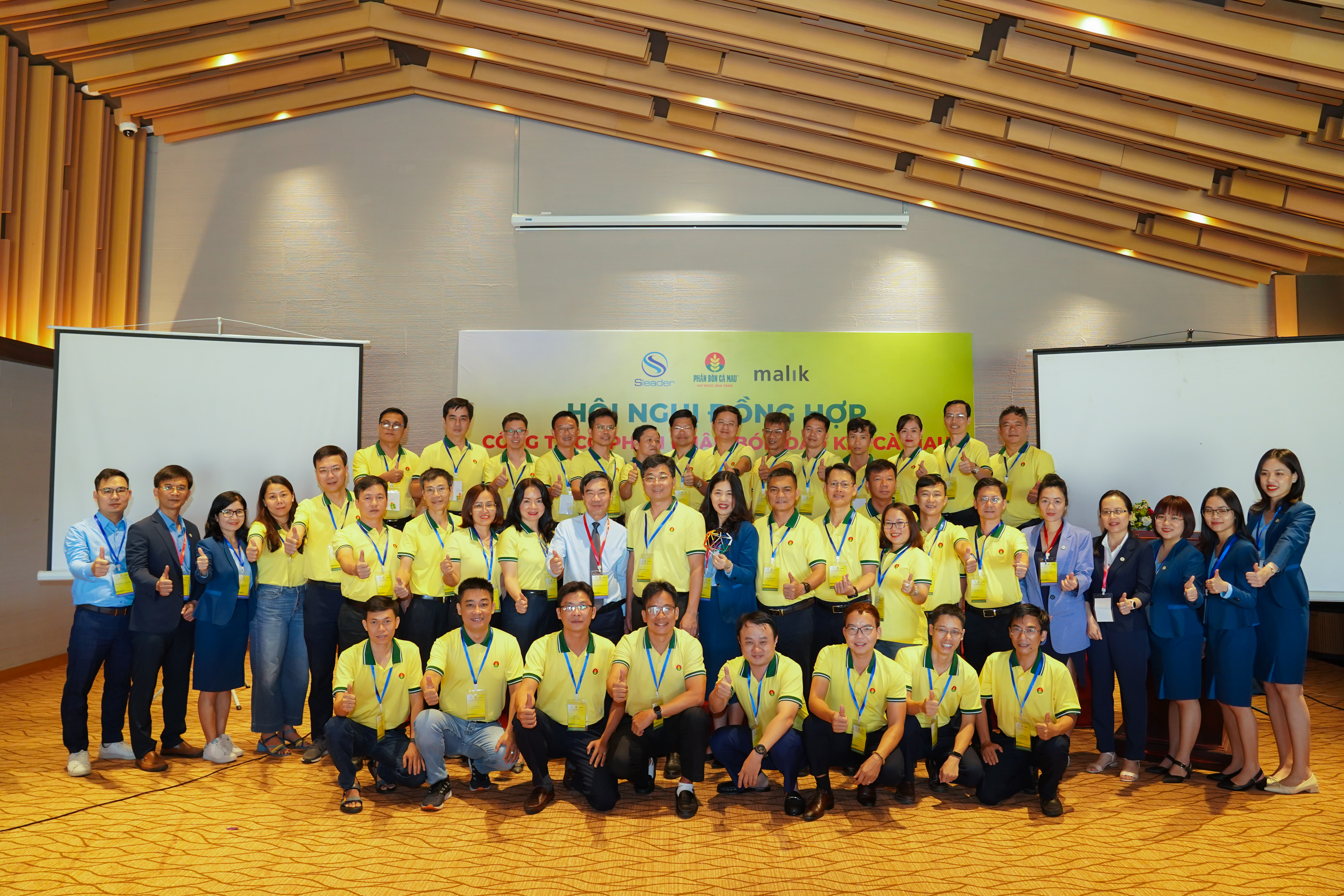
Keyword
Author
admin
Share
Malik Institute, Switzerland research on Smart City development in Ukraine
Viện Nghiên cứu Phát triển Lãnh đạo Chiến lược
Từ khóa
Ngày đăng
Tác giả
admin
Chia sẻ
The Ministry of Digital Transformation of Ukraine in partnership with the Malik Institute (Switzerland) examined the factors of Smart City development in Ukraine. The main goal was a better understanding of how to quickly and efficiently turn large cities into “smart”.
Under the leadership of the Malik Institute team, experts from thirteen cities and the Directorate for Regional Digitalization were involved to recreate a map of interconnections and identify factors for the development of smart cities.
Valeria Ionan, Deputy Minister of Digital Transformation forEuropean Integration: “The Malik Institute is the world\’s leading organization in integrated management, leadership and management solutions that is best suited for solving this problem. This study is a small but important step in order to understand where and how the Ministry of Digital Infrastructure should focus its efforts to achieve the maximum result.”
Constantin Malik, Executive Director for International Relations and Development at the Malik Institute, personally flew to Ukraine to talk about the methodology used in the study. “The special methodology that we used to study the Smart City ecosystem allows us to analyze the system as a whole and comprehensively, and not just parts of it. This allows you to see which elements are really important and then determine the exact levers and drivers for the development of the system. This gives leaders a fuller perspective and allows them to make more informed decisions and take more effective actions where necessary,” said Constantin Malik.
Roman Zagorodniy, Head of Development at CDTO in the Regions, Ministry of Digital Transformation of Ukraine: “We have determined that management efficiency and political support have a significant impact on the development of Smart City. Their influence is enhanced by coordination between representatives of state and local levels of management, active communication at all levels and between them, and the availability of necessary human resources. If we coordinately show and develop these 5 variables, we can create a “kernel of changes” that will have a significant effect on all zones and elements of the system.”
Key results of the study and its application
12 factors were identified, among them: availability of necessary human resources, proper IT infrastructure at all levels, stable financing, management vertical support. In addition, one of the main factors in the development of smart cities can be the coordination of actions between representatives of the state and local levels of management, as well as the exchange of successful experience.
This role, on the one hand, is played by the Community of Smart City Club, in which the Ministry of Digital Infrastructure helps coordinate national and regional projects. On the other hand, there is the Diia.Digital Community platform and the Digital Solutions Directory, as well as regional digitalization forums for the exchange of best practices.
And to strengthen management efficiency, the Ministry of Digital Transformation creates positions of Deputy Heads of Digital Transformation (CDTO) in regional state administrations and communities. In addition, training programs for these CDTO and digital leaders are being developed to help them implement changes even faster and even more efficiently.
You can download the presentation with the Malik Institute research at the link: https://bit.ly/3l4qals




